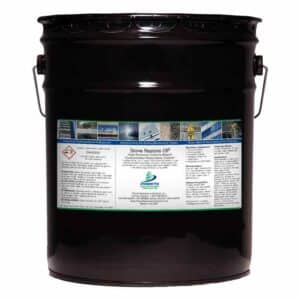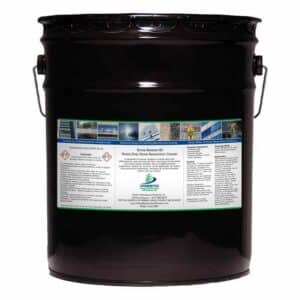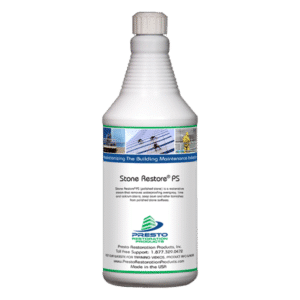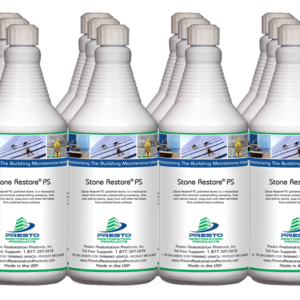Imagine taking a shower and not using soap, or washing the dishes with oil instead of dishwashing detergent! This may alarm you as much as it does us when we see contractors using mediocre or incorrect products to perform building maintenance services. For example, many times pressure washing is performed on concrete without using chemical cleaners, and without the application of a sealer after the pressure washing is finished.
It’s important to choose the most suitable product for:
- The stone material to be cleaned
- The stain that is to be removed.
- Stone Restore® CT (Citrus Technology): Powerful, environmentally friendly, citrus-based concrete cleaner clears the toughest oil stains as found in parking decks
- Stone Restore® NC (Neutral Cleaner): A medium duty restoration cleaner specifically developed for use on chemically sensitive architectural stone surfaces such as limestone, marble and travertine
- Stone Restore® PS (Polished Stone): A restorative cream that removes waterproofing overspray, lime and calcium stains, soap scum and other tarnishes from polished stone surfaces
- Stone Restore® CB2 (Chlorine Bleach): Double-strength chlorine bleach contains builders and surfactants that effectively fight oil stains and microorganisms such as green or black algae and mold allowing them to be easily removed using water
- Stone Restore® A+ (Alkaline Technology): Removes stubborn environmental staining as well as oil and grease stains from most types of stone
- Stone Restore® HD (Heavy Duty): Acid-based cleaner for all types of stone that effectively removes a wide variety of stains, including mineral-based stains such as efflorescence and rust; special precautions are required when using this product to clean limestone, marble or travertine
REASONS TO SEAL STONE SURFACES AFTER CLEANING
Sealers should be used after the stone cleaning process to close up the pores of the concrete or stone, in order to prevent the penetration of water and oil which act together to stain the stone again. Sealers will help keep stone cleaner for longer and help to protect from water damage, therefore, prolonging the life of the material.
- To prevent the need for frequent pressure washing – Sealed stone stays cleaner for longer, and resists staining and discoloration.
- To guard adjacent materials from mineral leaching – Excess minerals leach from precast onto architectural glass, metal, and other materials where mineral stains are form relatively quickly. Sealing your precast keeps adjacent windows looking cleaner for longer.
- To prevent oil, water, and stain penetration – Many types of soils can adhere to stone surfaces: vehicle exhaust, tree sap, fluid from leaking vehicles, and many other environmental contaminates.
- To prevent mold and mildew – Sealing stone material prevents the penetration of water. Without water, green and black algae stains are unable to develop as they normally would.
- To avoid water damage – If water is allowed to penetrate your precast, it starts to erode the bond that holds the stone together. This is especially damaging during winter months as water freezes and expands, compromising the strength and bond of the manufactured stone composition. This causes cracks, and even separation of material components, and is extremely expensive to repair. In situations with precast panels, water damage normally only occurs at the surface level, therefore requiring a product designed for superior surface protection.
- To protect your steel components – If water is allowed to penetrate your concrete, and is exposed to steel components that hold your building together, they will start to rust. This can cause structural damage and material staining.





